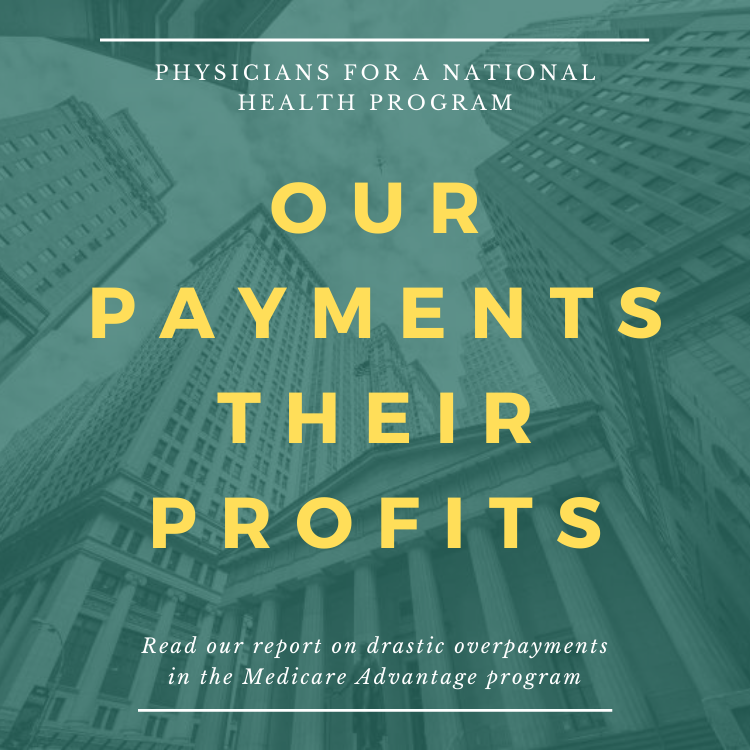Department of Health and Human Services
Centers for Medicare and Medicaid Services
For the reasons set forth in the preamble, the Centers for Medicare & Medicaid Services proposes to amend 42 CFR Chapter IV by adding part 425 to read as follows:
SUBCHAPTER B–MEDICARE PROGRAM
PART 425–MEDICARE SHARED SAVINGS PROGRAM
Subpart A–General Provisions
§425.2 Basis and scope.
(a) Basis. This part implements section 1899 of the Act by establishing a shared savings program that promotes accountability for a patient population, coordinates items and services under parts A and B, and encourages investment in infrastructure and redesigned care processes for high quality and efficient services. Under this program, groups of providers of services and suppliers meeting criteria specified by the Secretary may work to together to manage and coordinate care for Medicare fee-for-service beneficiaries through an accountable care organization (ACO). ACOs that meet quality performance standards established by the Secretary are eligible to receive payments for shared savings. During years in which the ACO is participating in a two-sided model, the ACO may be required to share losses.
(b) Scope. This part sets forth the following:
(1) The eligibility requirements for an ACO to participate in the Medicare Shared Savings Program (Shared Savings Program).
(2) Program requirements, including quality and other reporting requirements.
(3) The method for assigning Medicare fee-for-service beneficiaries to ACOs.
(4) Payment criteria and methodologies (one-sided model and two-sided model).
(5) Compliance monitoring and sanctions for noncompliance.
(6) Reconsideration of adverse determinations.
Proposed rule (429 pages):
http://www.ofr.gov/OFRUpload/OFRData/2011-07880_PI.pdf
Comment:
By Don McCanne, MD
Accountable care organization (ACO) is a concept that grew out of concerns over excessive levels of spending for health care that is often only mediocre. It was thought that health care professionals and facilities could organize themselves into integrated organizations through which they would become accountable for both the cost and the quality of health care.
The Affordable Care Act established the Medicare Shared Savings Program which would use ACOs to achieve savings in the Medicare fee-for-service program, and the savings would be split between the ACOs and the government. The proposed rule for ACOs has now been released. I’ll try to reduce the 429 pages down into a few salient comments.
* The ACO would be composed of professionals arranged in networks or in group practices, and may partner with or be employed by hospitals.
* The ACO is accountable for the quality, cost, and overall care of the Medicare fee-for-service (FFS) beneficiaries assigned to it.
* The ACO shall include primary care ACO professionals that are sufficient for the Medicare FFS beneficiaries assigned to the ACO (minimum 5000 beneficiaries).
* The ACO shall have in place a leadership and management structure that includes clinical and administrative systems.
* The ACO shall define processes to promote evidence-based medicine and patient engagement, report on quality and cost measures, and coordinate care, such as through the use of telehealth, remote patient monitoring, and other such enabling technologies.
* A benchmark will be established based on recent spending in the fee-for-service Medicare program.
* If spending for patients assigned to the ACO falls below the benchmark, the ACO will be rewarded with a portion of the amount saved, and the government keeps the rest.
* If spending for patients assigned to the ACO is more than the benchmark, then the ACO must pay a penalty of a portion of the excess (with a maximum two-year exemption for ACOs participating as a “one-sided” model with lower rewards but no penalty).
* The ACO must meet detailed quality requirements to qualify for the shared savings, but also may be terminated for failure to meet minimum standards.
* Patients will have free choice of any physician at all times, but will be assigned to an ACO based on plurality use of primary care services, for the purpose of assigning accountability for savings and quality. The ACO, which theoretically controls cost and quality for the patient assigned to it and will be rewarded or punished for the results, will have no control of the cost and quality of care delivered outside of the ACO.
* And over 400 pages of etc., etc.
Under the proposed rules, ACOs are not simple organizations formed on just a handshake. They require a formal legal structure with management, a specified governance board, a medical director, a quality assurance program, and more. They must implement evidence-based clinical guidelines. The required documentation of quality is particularly onerous. They must have an infrastructure, such as information technology, to collect and evaluate data, and provide feedback. They must comply with extensive legal, business, and clinical documentation requirements. Since ACOs often involve consolidation within the health care delivery system, they must coordinate with antitrust agencies.
Obviously, considerable time, effort and expense is involved, so the reward must be worthwhile. And what is that reward? If they can improve their productivity while meeting quality standards, the financial benefit accrues to the government, but the reward is that the government lets them have a fraction of their productivity gains, providing that they are compliant with the complex set of rules. Since it’s almost impossible to continue to improve productivity in health care year after year, the reward would dry up soon.
With the trend of increasing frequency and intensity of services, there is a risk that the ACO may exceed the benchmark and have to pay back to the government a portion of the higher spending as a penalty.
What would happen if a group of professionals who were considering forming an ACO decided not to? First, they wouldn’t have all of the extra expenses and effort that establishing an ACO would require. They certainly would not have an incentive to reduce Medicare’s spending (i.e., reduce their income) since they would keep all revenues and not have to share them with the government. And if their spending for Medicare exceeded the benchmark? They would still keep it all, and wouldn’t have to pay a penalty.
Since most people with any business sense would never participate in such a scheme, why is it that there seems to be such a rush to form ACOs? In my opinion, they are not looking for the Medicare fee-for-service business. They are forming commercial ACOs in the private sector, looking for the private insurance business that will expand greatly in the new insurance exchanges. They are taking advantage of the prevailing attitude that we must back off on enforcing antitrust regulations in order to provide flexibility for the ACOs. They are consolidating to gain greater market control. Many are using “accountable care organization” as a deceptive label for expanded managed care oligopolies and monopolies.
The notion of accountable care organization was originated as a well meaning, altruistic, aspirational concept by individuals who really care about the health care that all of us receive. To be successful in improving quality and reducing costs the concept would have to be dependent on patients and health care professionals and administrators who were determined to do the right thing regardless of pecuniary or other self-interests. Yet health care, as the business that it is – like it or not – cannot afford to embrace altruism, for it would fail in its business responsibilities to maximize market
opportunities.
Does it have to be this way? Do we really need to depend upon private stewards devoted to the amoral business ethic to administer the financing of health care? Well, when you think about it, a single payer system is an automated system of financing health care that does not depend on the altruism of its players. That’s because the single payer model is structured as an altruistic, aspirational system that, quite automatically, actually does, in itself, improve quality and control costs. It just works.

